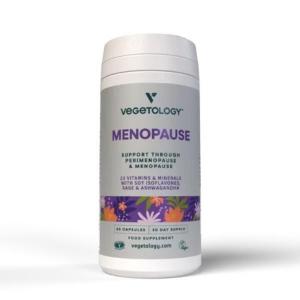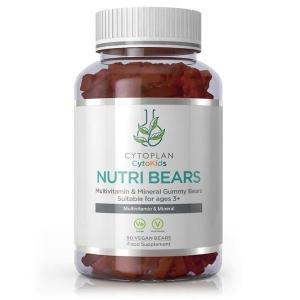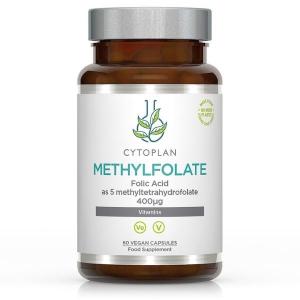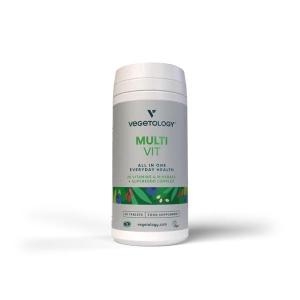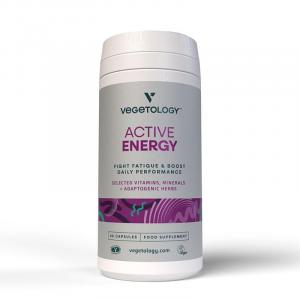
Discover the effects of oregano tea that will delight your body and soul
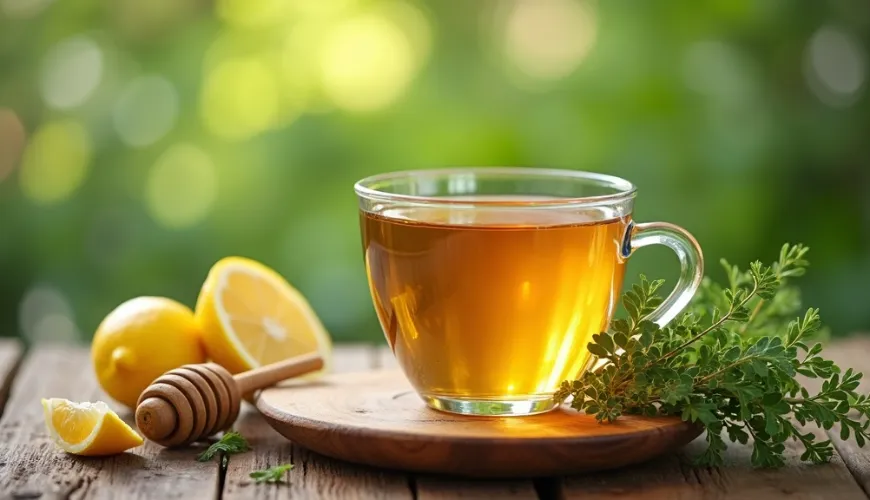
Oregano Tea and Its Surprising Health Benefits
Few things smell as intense and pleasant as oregano. This Mediterranean herb is a staple in every kitchen, known for its earthy taste and aroma. Less known, however, is that oregano also has very interesting medicinal properties—and that tea can be made from it, which may have remarkable effects on our body. In recent years, oregano tea has been gaining popularity among fans of natural medicine and holistic health. It's no wonder—its composition, rich in antioxidants, essential oils, and other bioactive substances, places it among the true herbal elite.
What Does Oregano Actually Contain?
Oregano, scientifically known as Origanum vulgare, is a perennial herb originating from the Mediterranean region, belonging to the mint family. You might be surprised to learn that it grows wild even in Czech meadows and groves—most commonly on sunny slopes or dry embankments. In folk medicine, oregano was considered a cure-all and was administered for colds, stomach aches, or digestive issues.
But what makes oregano so exceptional from the perspective of modern science? First and foremost, it is carvacrol, a powerful natural antioxidant with antibacterial and anti-inflammatory properties. Together with thymol (another active compound), it forms a very effective duo that helps destroy bacteria, fungi, and some viruses. Oregano also contains flavonoids, vitamins A, C, and K, fiber, calcium, magnesium, and iron. The synergy of these substances results in a beverage that has much broader effects than just soothing digestive troubles.
Try our natural products
What Are the Effects of Oregano Tea?
Although oregano tea is not consumed as frequently in our culture as chamomile or mint, its benefits for the body are truly extensive. Many of these benefits are supported not only by folk tradition but also by modern research.
1. Support for Digestion and Relief from Bloating
One of the most common reasons people turn to oregano tea is for digestive issues. The tea helps relax the smooth muscles of the digestive tract and alleviate cramps, bloating, or a feeling of heaviness after eating. Traditionally, it is also recommended for mild forms of gastritis or irritable bowel syndrome.
2. Antibacterial and Antiviral Effects
Research shows that carvacrol and thymol found in oregano have the ability to weaken or completely destroy some strains of bacteria, including those resistant to common antibiotics. Regular consumption of oregano tea can therefore support the immune system, especially in colder months when the body is more susceptible to respiratory infections.
3. Relief from Colds and Cough
Oregano tea has traditionally been used for colds, runny noses, and sore throats. Its warming effect and ability to clear airways make it a suitable supportive drink for flu or bronchitis. The aroma of the oil also acts as a mild expectorant—promoting coughing.
4. Anti-inflammatory Action
Another strong point of oregano is its anti-inflammatory effect, which can be helpful, for example, in arthritis or urinary tract inflammations. Regular drinking of the tea can contribute to the alleviation of chronic inflammations in the body, which often underpin a range of lifestyle diseases.
5. Support for Detoxification of the Body
Thanks to its antioxidant content, oregano tea helps neutralize free radicals and supports detoxification processes—in the liver or kidneys, for example. Its diuretic effect helps flush toxins from the body and also supports hydration.
How to Prepare Oregano Tea?
Preparing oregano tea is easy and can be done by anyone. You can use either dried oregano from your pantry or—preferably—dried or fresh herbs from organic cultivation. It is not necessary to buy special blends, although some herbal brands now offer tea bags with 100% oregano.
Simply pour one to two teaspoons of dried oregano with a cup of boiling water and let it steep for about 10 minutes under a lid. Then strain and drink warm if possible. The tea can be flavored with honey, lemon, or a drop of ginger juice to enhance the effect during a cold.
If you want to use the tea preventively, 2–3 cups a week will suffice. For acute problems, such as cough or stomach pain, you can drink 1–2 cups daily for a few days. Long-term use should be consulted with an experienced herbalist or doctor.
When to Be Cautious?
Although oregano is generally considered safe, there are certain situations where caution is needed. People with allergies to mint family plants (such as mint, basil, or lavender) should try oregano tea first in small amounts. Pregnant women should consume oregano tea only after consulting a doctor—as oregano in higher amounts can stimulate uterine contractions.
Similarly, people with low blood pressure or those taking blood-thinning medications should not drink the tea long-term, as oregano may slightly lower blood pressure and affect blood clotting. In these cases, consulting a specialist is recommended.
Practical Experiences
One example of oregano tea's help is the story of Ms. Hana from Jindřichův Hradec, who suffered from recurrent bladder infections. Antibiotics only provided temporary relief, and the condition kept returning. On a friend's recommendation, she began drinking oregano tea twice a week, which she dried herself from home-grown herbs. After a few weeks, the frequency of her troubles significantly decreased, and Ms. Hana became so fond of the tea that it became a regular part of her evening ritual.
Oregano in a Broader Context
Interestingly, oregano is used not only as tea but also as part of various tinctures or oils. Oregano essential oil is considered one of the most effective natural antiseptics. In combination with tea, it can serve as a comprehensive natural therapy.
At a time when more and more people are turning to natural remedies and trying to reduce chemicals in their lives, herbs like oregano are coming back into the spotlight. Not only do they taste great, but they can truly benefit the body—with minimal side effects.
As American herbalist Rosemary Gladstar noted: “Herbs are not just remedies. They are a bridge between nature and people. The closer we are to nature, the more we hear what it wants to tell us."
In an oregano tea, you may not find a miracle cure for everything, but you will find the power of a plant that has been with people for centuries—and whose effects we are rediscovering today. And maybe the next time you add oregano to your pasta in the kitchen, you'll stop and think—why not try a cup of tea?
